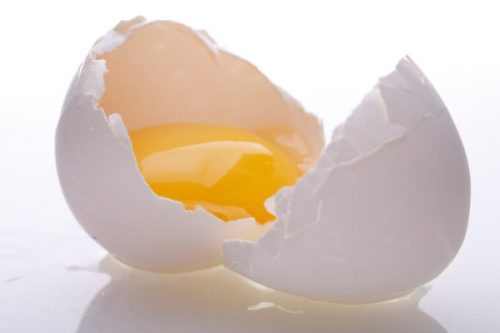When it comes to health, egg yolks and especially eggs’ cholesterol is being pointed out as the “really bad guy”. We are constantly bombarded with messages of how cholesterol can drastically increase the risk of atherosclerosis and heart attacks. However, do egg yolks really deserve the treatment they are getting ?
The daily recommended dose of cholesterol is around 300 mg – a greatly lower dose than what one egg yolk contains – around 450 mg. This may seem scary at first glance, but before you jump to conclusions, read on further.
When you think about it, it makes sense. Eating cholesterol will increase your blood cholesterol levels, lead to clogged arteries and eventually lead to some cardiovascular disease, right ? However, a Colorado University study showed that saturated fats (in which eggs are really low ) play a much greater role in increasing cholesterol levels than cholesterol itself.
Another study(1) conducted at Yale University explored the effects of eating whole eggs on patients with coronary heart disease. What is surprising is that after 12 weeks of eating whole eggs their blood pressure and LDL levels didn’t change. In fact there was an improvement in HDL (good cholesterol). There were two groups that ate 2 and 3 egg yolks a day and the results were almost identical for both groups.

Another study showed that the consumption of 2-4 egg yolks per day for a 5-week duration had benefits for macular health in older adults with low macular pigment optical density, increasing their HDL cholesterol and without increasing their LDL (bad) cholesterol.
And while this article and studies are not your ticket to go and eat a dozen of yolks a day, they are a proof that egg yolks can benefit your health and help your muscles grow. So next time you make yourself an omelet just remember that throwing the yolks away is a waste of valuable nutrients.
Reference
1). Katz et al. Effects of egg ingestion on endothelial function in adults with coronary artery disease: a randomized, controlled, crossover trial. Experimental Biology 2013. Boston, MA. April 20, 2013.



Post your comment